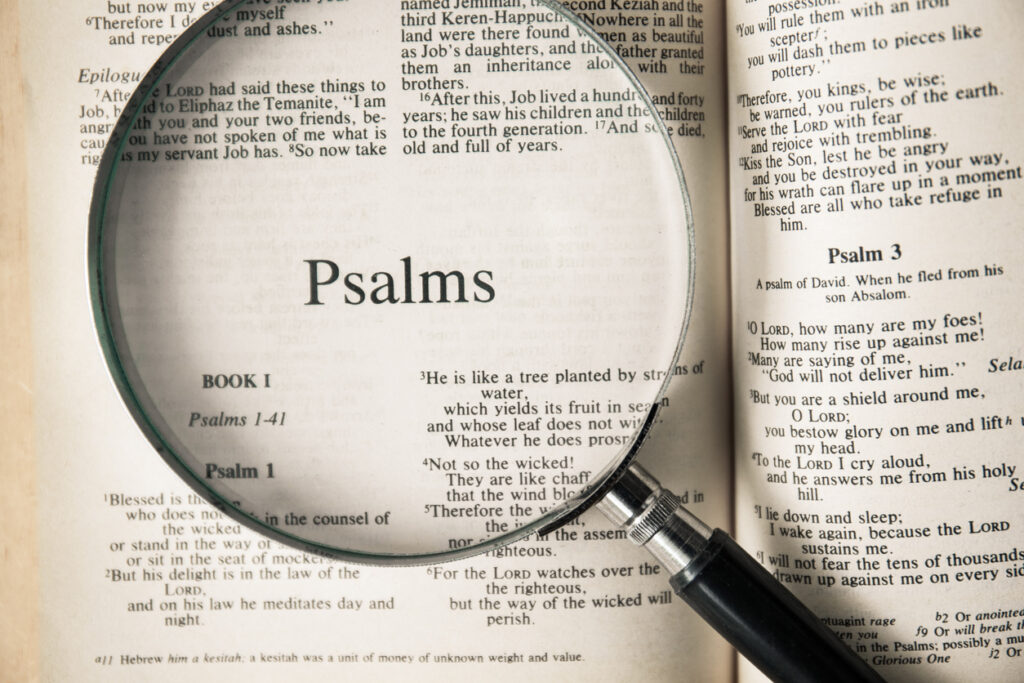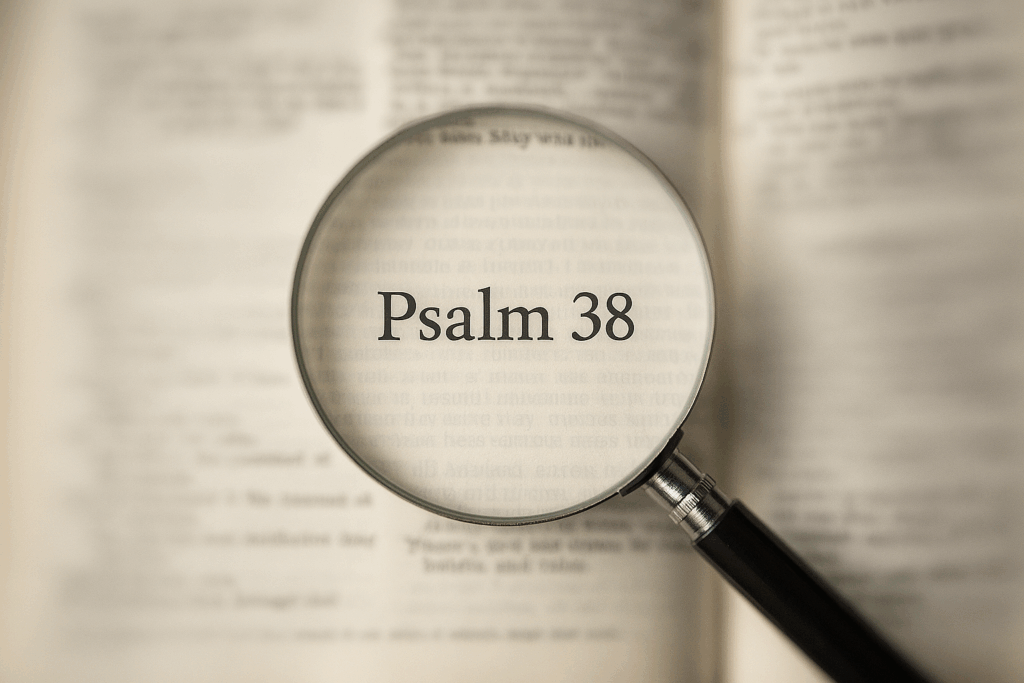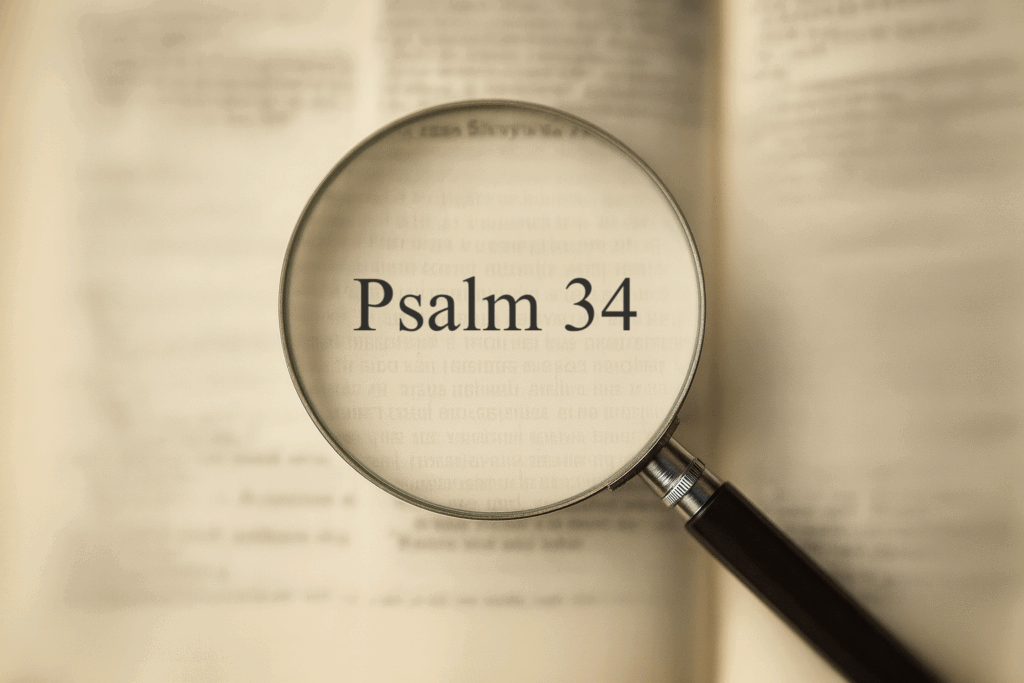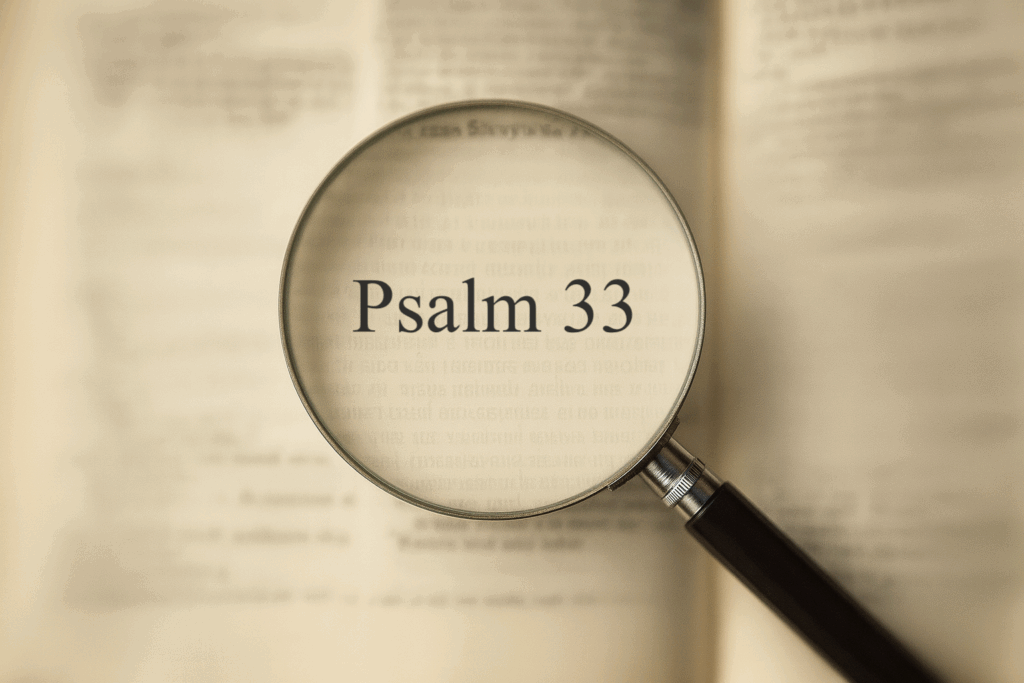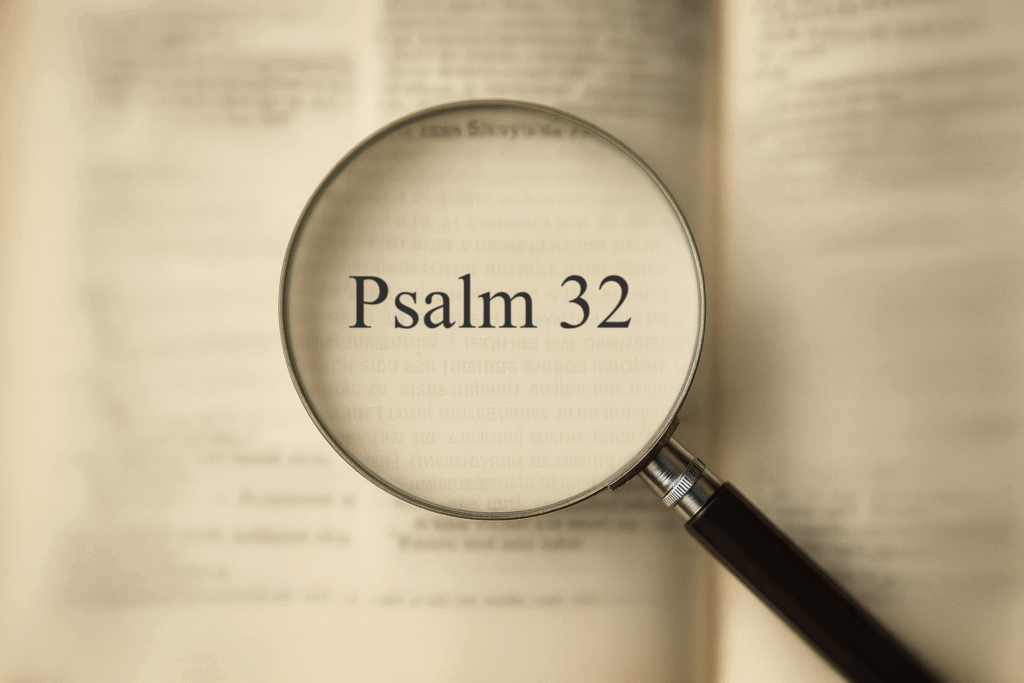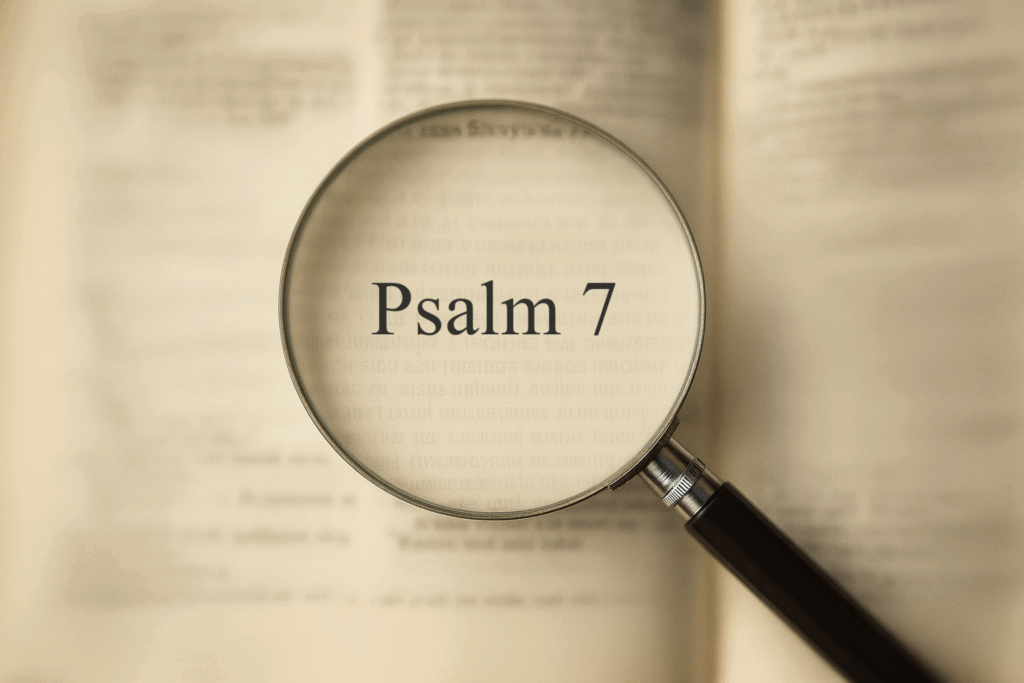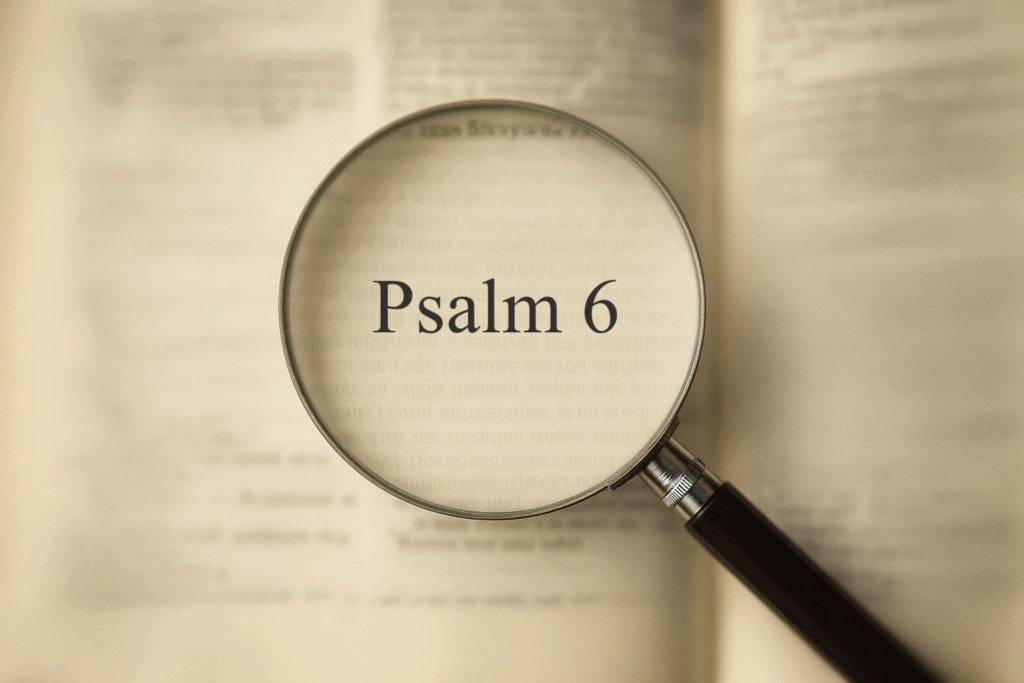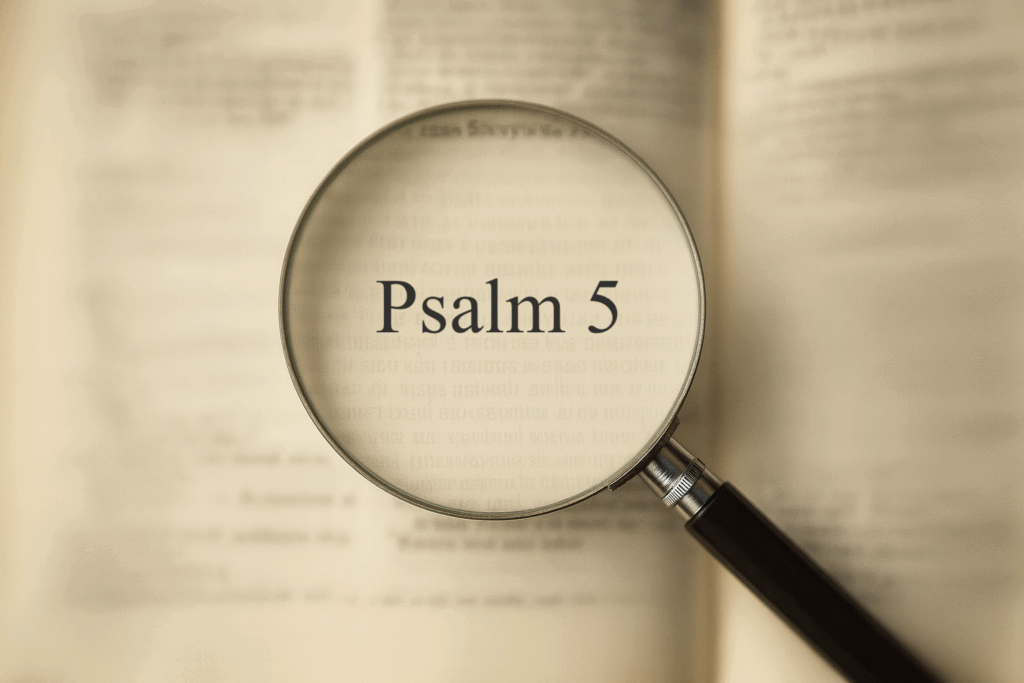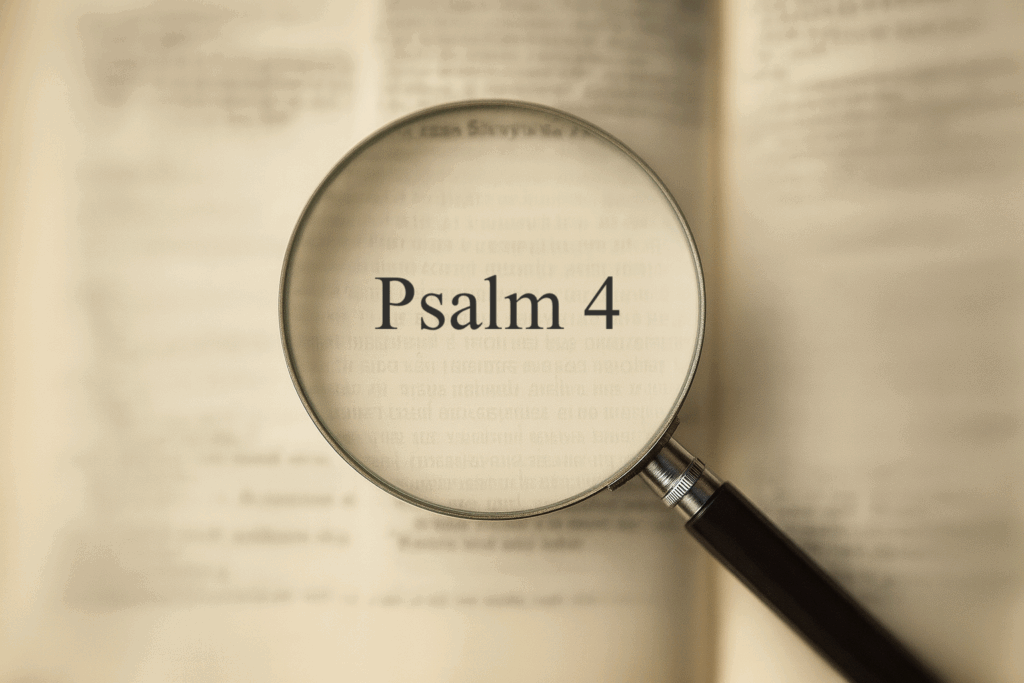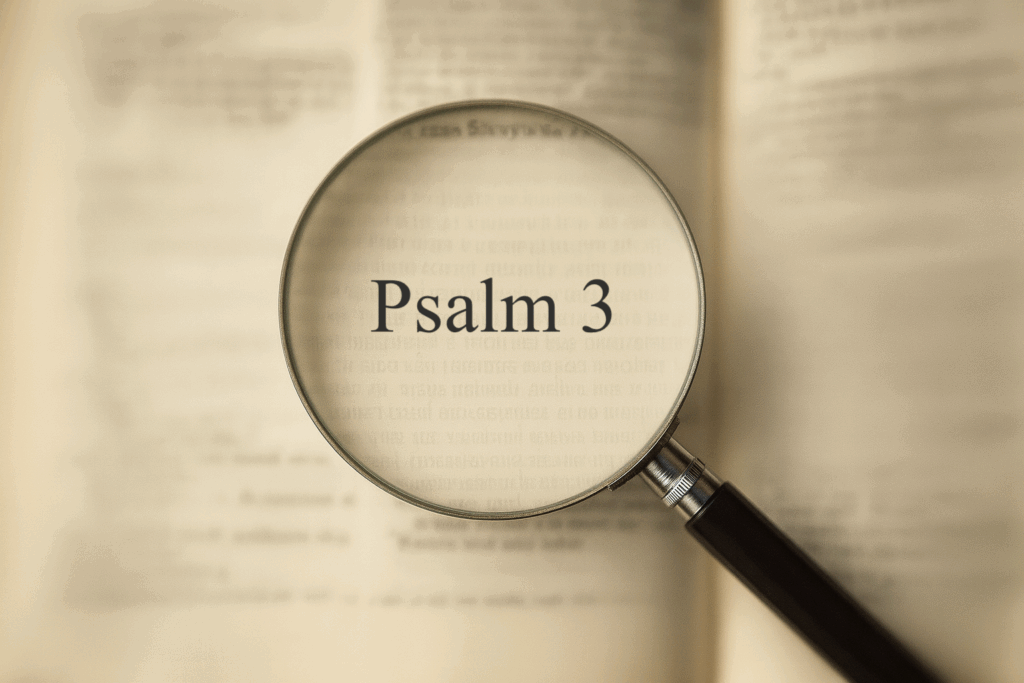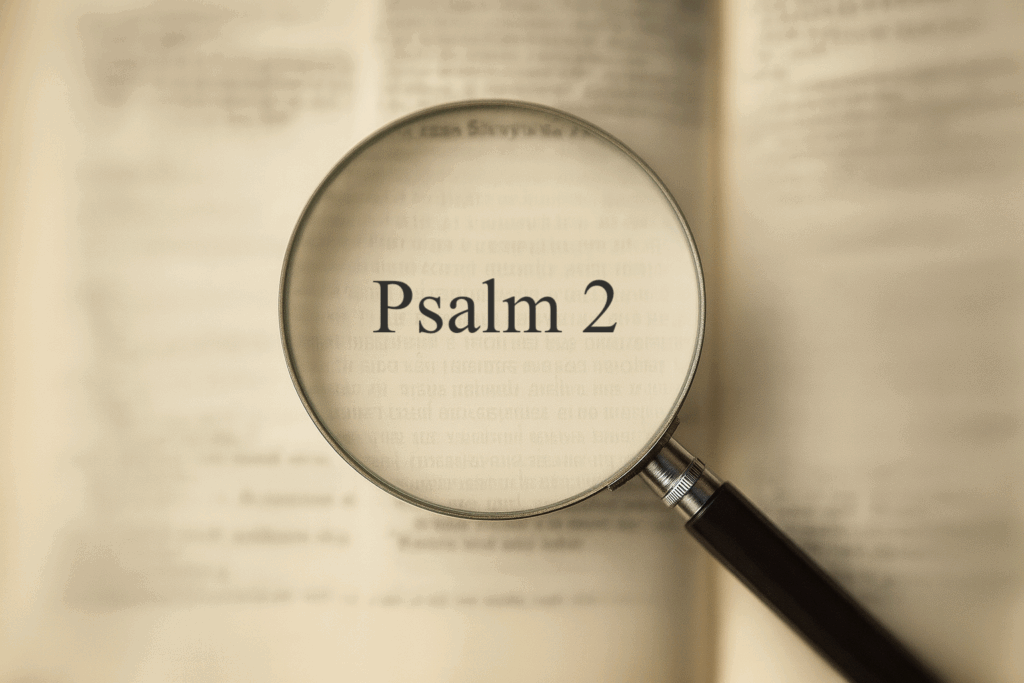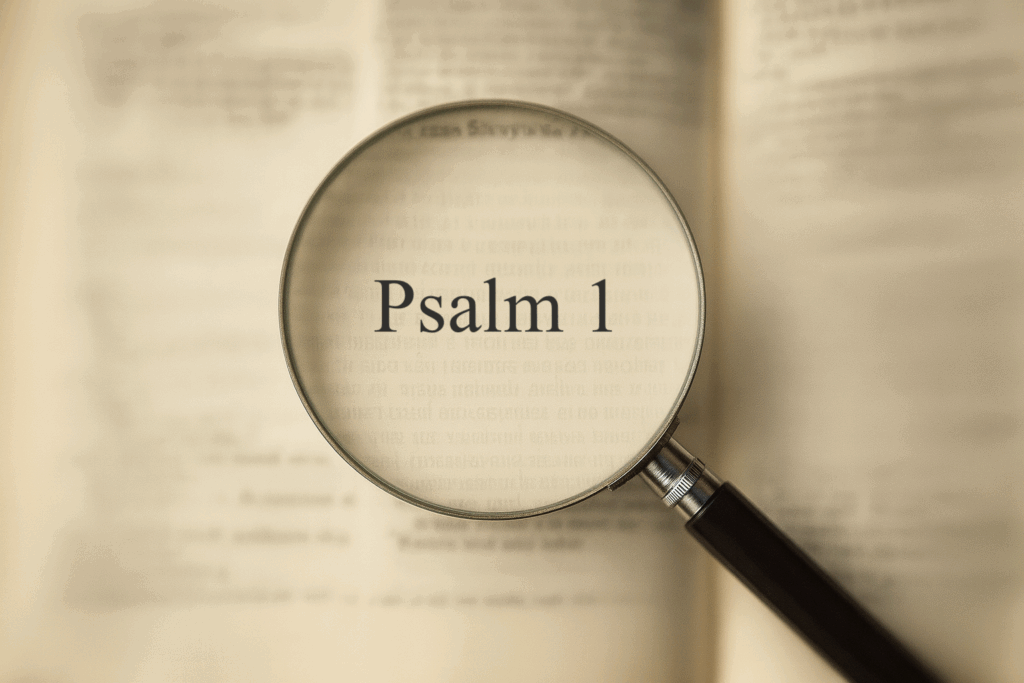Psalm 72 concludes the second "book" of Psalms - the "Exodus Book", and it was written for Solomon, the son of David. But this psalm also seems to foreshadow the great Son of David, Messiah. But how can we be sure? Can we know the true identity of the Messiah? Believe it or not (and I hope you do believe it!), the Messiah's name and title are actually encoded into the letters of verse 5. Join us on a journey through this truly astounding and glorious description of Messiah's coming Kingdom.

